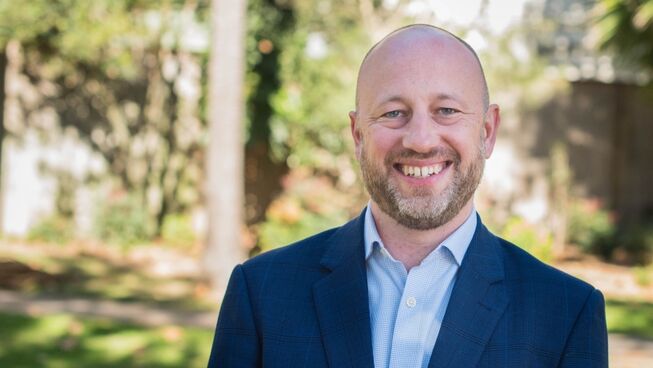Reframing retirement

It’s part of the great Australian dream – after years of hard work, finally clocking off forever, and beginning what will hopefully be plenty of years of “me time”. And while travel plans for many have been curtailed over the past two years, in Australia at least it often involves joining the army of “grey nomads” caravanning around the nation (up to 40,000 are on the road at any one time!)
It may come as a surprise however that the concept of retirement is a fairly recent idea in human history. Indeed many date its origins to around the 19th century in Germany. But more than its place in human history, what place does it have in the Bible? The short answer is, it’s not there at all!
Rest yes, but retirement?
Now of course Scripture strongly commends rest. In addition to it being good for us physically, mentally, relationally, and spiritually, it displays many important truths to a watching world, including our confidence in a sovereign God who keeps the world spinning, and not us. Rest demonstrates a humble dependence upon God to provide.
But what of retirement, and at a certain age, having secured a certain amount of wealth, ceasing from all work? For starters, for the Christian person we can of course say that the selfish, “me time”, attitude which can accompany retirement is obviously at odds with the call to a lifetime of selflessness and putting the interests of others before our own. We don’t get a leave pass from selflessness once we reach a certain age.
"Wired to work"...for life
But there is another way the concept of retirement goes against not just what it means to be Christian, but even what it means to be human. In the beginning God created all humanity in His image (Genesis 1:26-28), and that includes being a worker. We’ve been “wired to work”; to work is to express a fundamental aspect of our humanity.* Again, this aspect of our identity doesn’t change once we reach a certain age. This is why so many people when they retire find themselves needing to take on projects (or even return to paid employment part-time) because they continue to need an outlet to express this aspect of their humanity.
The ongoing work of service
So all people remain workers for all of life. And Christians in particular are called to a lifetime of service. So should Christians never retire? Not necessarily, but we need to reframe what retirement looks like. It is important that we recognise that as we age our strength and energy deteriorates. We cannot continue to labour as we might have in our 20s or 30s forever. We will need to scale back what we do, and that might include ceasing from paid employment. Recognising and accepting this is also an important part of honouring God, and humbly recognising our creaturely dependence upon Him.
But the work of loving and serving others never ends. And neither should it; if we go into retirement anticipating one long holiday we will quickly become very discouraged because as humans “wired to work” we need outlets to express this aspect of our humanity. Indeed, retiring from paid employment can provide time to embrace other opportunities to serve, ones we may have longingly wished we had time for during our years of employment.
So should Christians retire? As one friend put it to me, “Maybe from full-time, paid employment, but never from doing the work of God – going out and making disciples, mentoring younger people, assisting the widows and orphans, advocating for those who have no voice. My Dad often wonders how he had time to go to work!” Now that’s one way to reframe retirement that both honours God, and is good for us.
* This is partly why unemployment can be so painful because we can’t express this aspect of our humanity.






